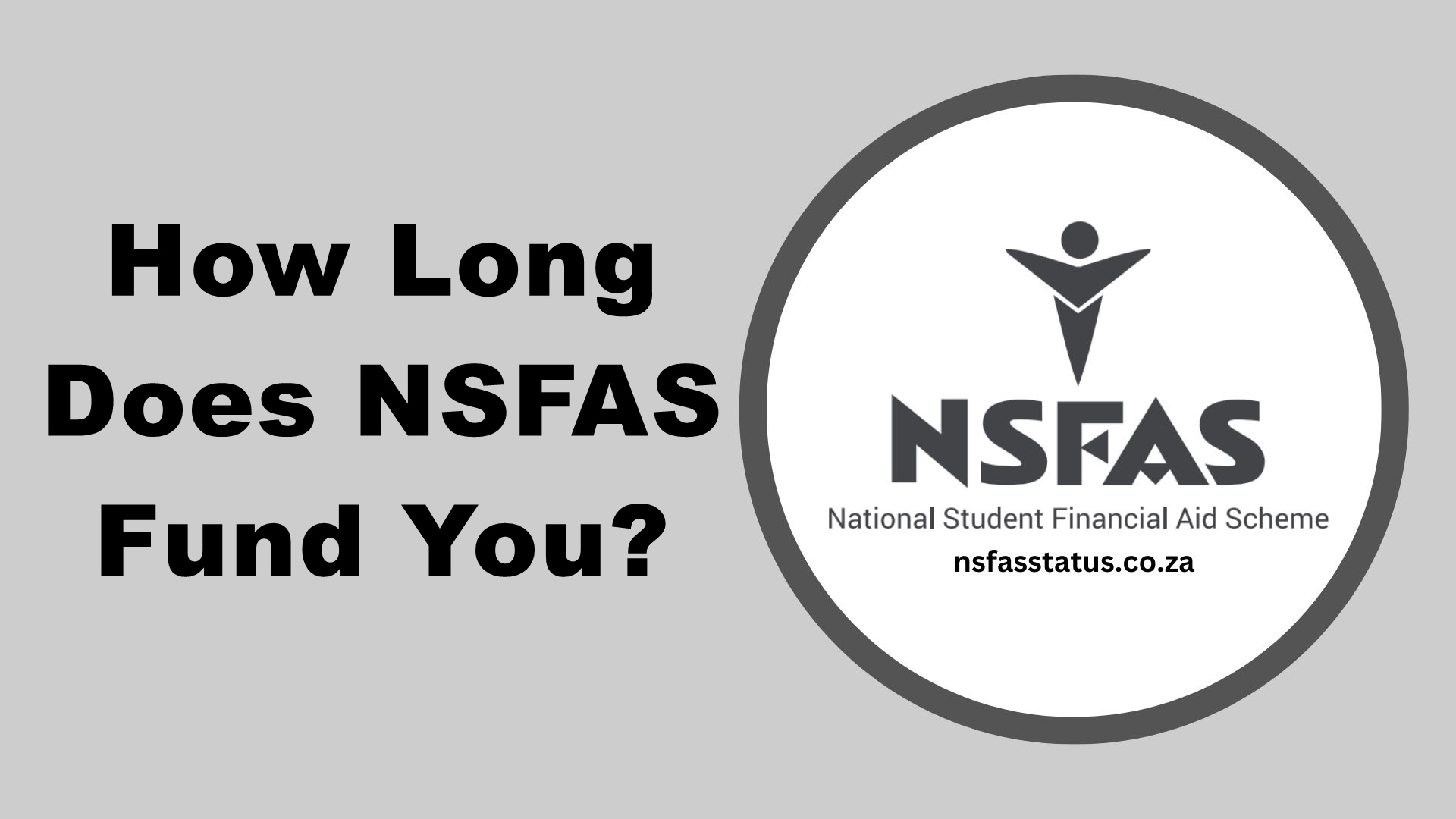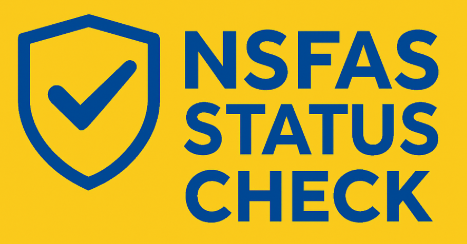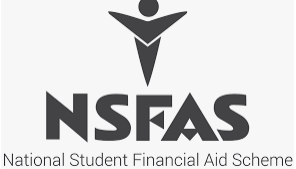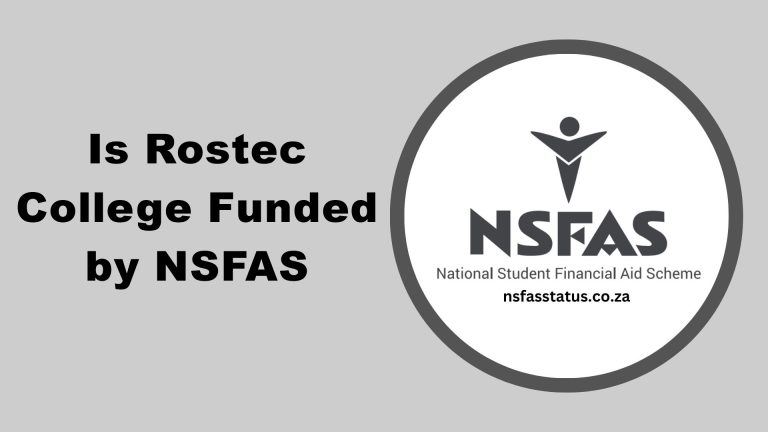When Does NSFAS Stop Funding You?
If you’re counting on NSFAS to support your tertiary studies, knowing exactly when funding can stop is essential. Whether you’re concerned about academic performance, changing your programme, or running out of funding years, this guide lays out what you need to know, so you can focus on passing your modules and planning ahead, not worrying.
Understanding NSFAS Funding Duration
NSFAS funding is granted per academic term, but yearly continuation depends on two main factors:
Availability of funds: While your first term is usually covered automatically once approved, additional funding for the rest of the year depends on NSFAS’s budget and whether you still meet the requirements.
Your academic and financial eligibility: You must meet minimum academic performance thresholds (such as passing enough modules), stay within the N+1 or N+2 funding rule, and maintain your financial eligibility based on household income.
Many students only realize late that their funding has stopped. To avoid surprises, it’s always better to do a quick NSFAS status check and confirm if your account is still active.

When Can NSFAS Stop Funding You?
1. You’ve exceeded N+ funding limits
NSFAS applies an N+1 rule (sometimes N+2 for certain final-year students). This means you’re funded for the normal duration of your programme plus one extra year for completion. If you take longer, NSFAS will stop funding you.
2. You fail to meet academic progress requirements
If your academic performance drops, such as failing too many modules or falling below your institution’s pass rate requirement, NSFAS can withdraw funding. Each university sets its own progression rules, but consistently poor results can put your funding at risk.
3. Your financial circumstances change
If your household income increases significantly and you no longer meet the financial eligibility criteria, you may lose NSFAS support, even if you were funded in previous years.
4. You’ve already completed one qualification
NSFAS only funds your first undergraduate qualification. If you’ve graduated or moved to a postgraduate programme, NSFAS will not continue to fund you.
Caps and Rules Can Stop Funding
Even if NSFAS continues paying for your tuition, changes in its policies, such as reducing allowances or introducing accommodation caps, can create financial gaps you need to cover yourself. For example, if NSFAS caps residence funding at a certain amount but your accommodation costs more, you must pay the difference.
While this is not the same as NSFAS officially ending your tuition funding, it can still force you to drop out if you cannot afford the shortfall. Many students in this situation describe it as NSFAS “stopping” their funding because, in practical terms, they can no longer afford to stay enrolled.
Fraud or Misrepresentation
If you provide false information on your NSFAS application, submit forged documents, understate your household income, or misuse the funds provided for study purposes, NSFAS can immediately and permanently cancel your funding.
In serious cases, you may also be required to repay all the money NSFAS has already spent on your studies, and you could face legal action. This means you would not only lose current funding but also be barred from receiving NSFAS in the future.
What Happens After Funding Stops?
If NSFAS stops funding you, you’ll be responsible for paying your own tuition, accommodation, and allowances. This can create financial pressure, and in some cases, universities may prevent you from registering for the next term or graduating until your debts are cleared.
What You Should Do?
Check your MyNSFAS portal regularly to stay updated on your funding status.
Know your N+ rule limit for your specific qualification so you can plan accordingly.
Keep your academic performance strong by passing enough modules each year.
Confirm your financial eligibility annually in case your circumstances change.
If funding is withdrawn, submit an appeal within 30 days of being notified.
Have a backup plan for covering costs if funding stops, look into bursaries, scholarships, or payment plans.
Frequently Asked Questions
Will NSFAS stop funding me if I take a gap year?
If you take a break from studies, you will need to reapply for NSFAS when you return. Funding is not automatically reserved for gap years, and you must still meet all eligibility criteria when reapplying.
If NSFAS stops funding me, can I appeal?
Yes. You usually have 30 days from the date you are notified to lodge an appeal through your MyNSFAS portal. You will need to provide valid reasons and supporting documents showing why you still meet the requirements or deserve reconsideration.
Can NSFAS stop funding me during the middle of the year?
Yes. If your household income rises above the eligibility threshold or you are found to be ineligible for any other reason, NSFAS can terminate funding even in the middle of the academic year. You would then need to cover the remaining costs yourself.
What happens if I fail modules while on NSFAS?
Failing one or two modules might not immediately stop your funding, but consistently failing to meet your university’s academic progression requirement, such as passing at least 50% to 60% of your modules, can cause NSFAS to withdraw your funding for the following year. Each institution applies its own pass rate rule, so check with your university.
You should be focused on your studies, not living in fear that your funding will vanish unexpectedly. By knowing the NSFAS rules, keeping up with your academic requirements, and monitoring your eligibility, you can prevent surprises. If something does go wrong, remember that appeals are possible, and there are alternative funding sources out there.



